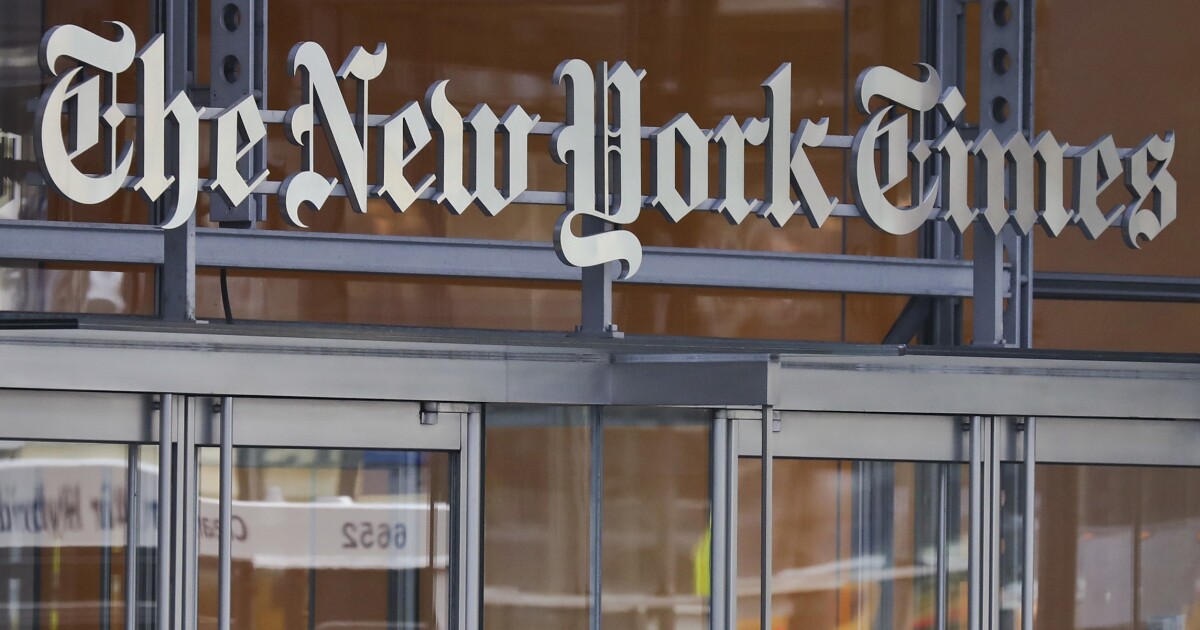

The New York Times alleged that OpenAI and Microsoft infringed on its intellectual property rights by training the artificial intelligence models that power the popular ChatGPT chatbot.
The Times filed the suit on Wednesday in the United States District Court for the Southern District of New York. The paper alleges that millions of its articles were used to train OpenAI’s bots, and now these bots will be used to generate content competing with the Times for the public’s attention.
TWELVE DAYS OF WEX-MAS: DEMOCRATS REBRANDING CANDIDATES AS TOUGH ON CRIME AHEAD OF 2024 RACE
“Defendants seek to free-ride on The Times’s massive investment in its journalism,” the complaint argues.
The complaint notes that Browse with Bing, an OpenAI-powered search engine, had replicated content from the Times’ review website Wirecutter. The content was posted almost word-for-word without linking directly to the article or attaching referral links, which are used to create compensation.
The suit argues that OpenAI and Microsoft should be held accountable for “billions of dollars in statutory and actual damages” related to the “unlawful copying and use of The Times’s uniquely valuable works.” It also requests that the companies destroy all data and chatbot models that included the Times‘s work.
OpenAI has previously partnered with news publishers to ensure that news-relevant content was shown appropriately. Axel Springer, the publisher behind Politico and Business Insider, announced on Dec. 13 that OpenAI would receive access to its articles to establish a “deeper integration of journalism in AI technologies.” The Associated Press also struck a licensing deal in July with OpenAI to allow it access to its content.
CLICK HERE TO READ MORE FROM THE WASHINGTON EXAMINER
The Times is the first newspaper to try to take on AI developers on copyright grounds, but its complaint is not the first major intellectual property lawsuit. A literary group representing famous authors like Jonathan Franzen and John Grisham filed a similar suit in November, alleging that the bots were profiting from their work without their consent.
Sarah Silverman also joined a pair of lawsuits in July accusing Meta and OpenAI of having “ingested” her memoir as a text used for training AI.





